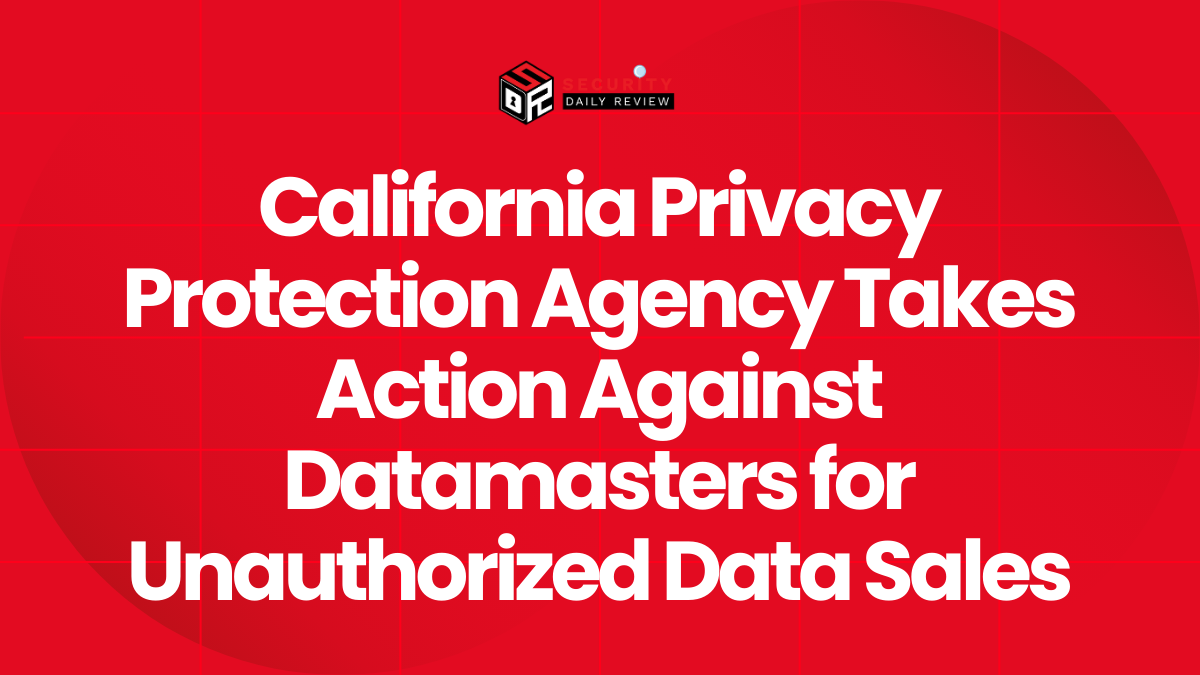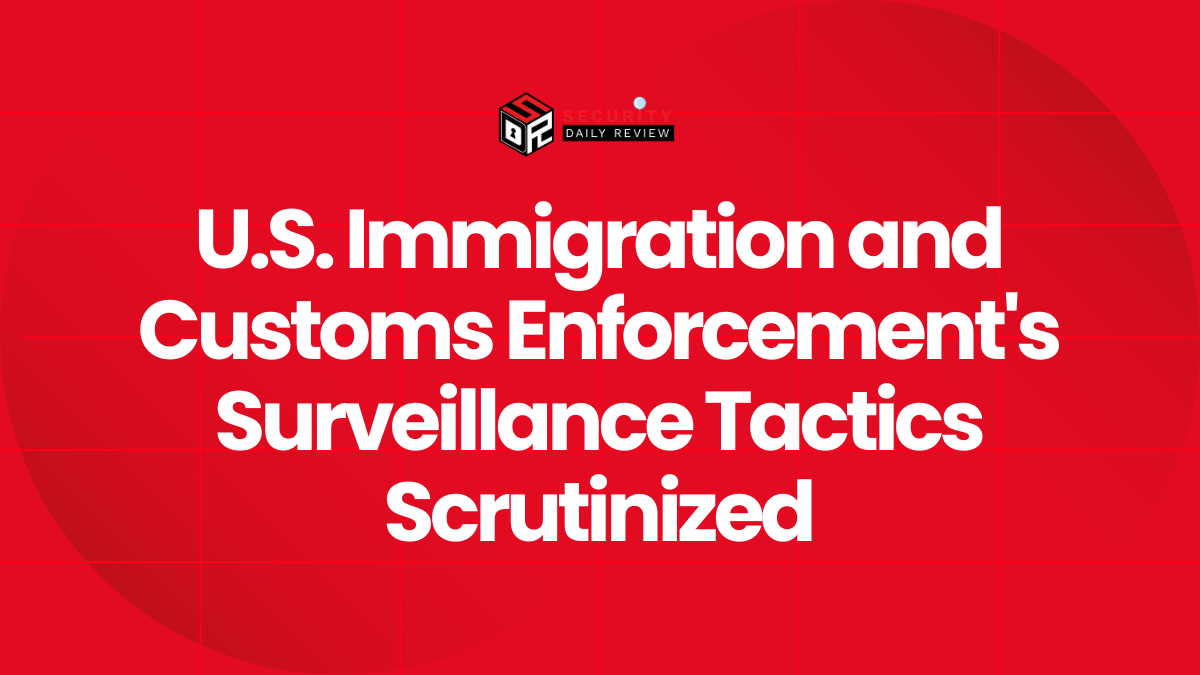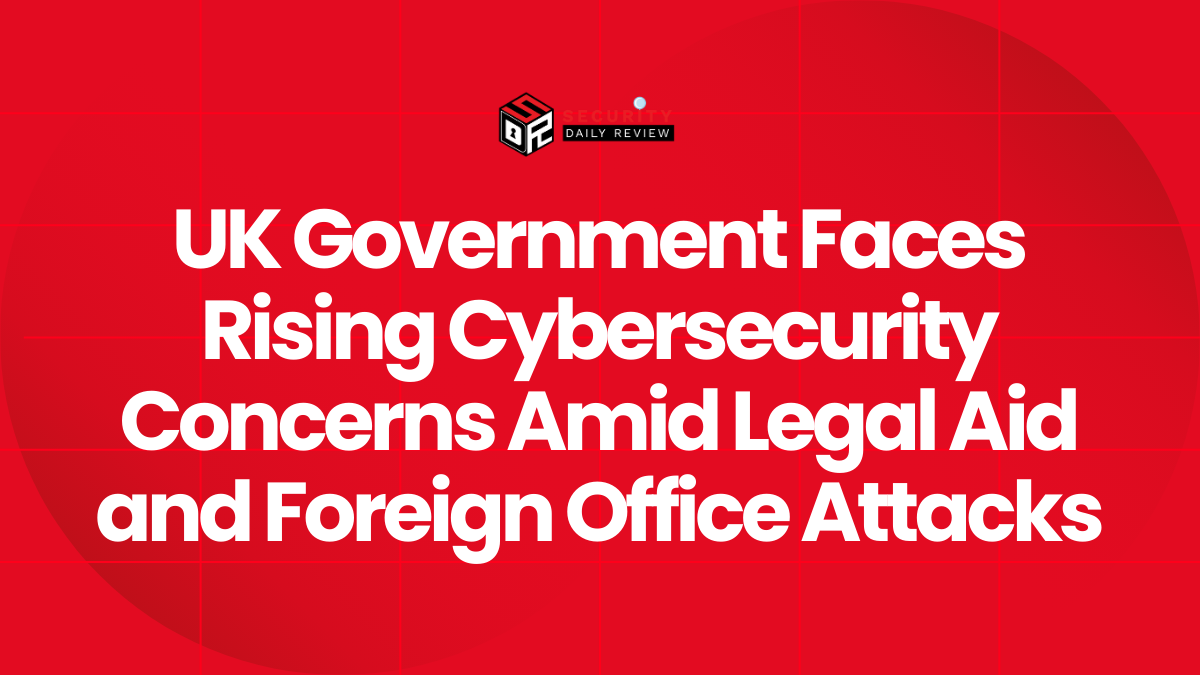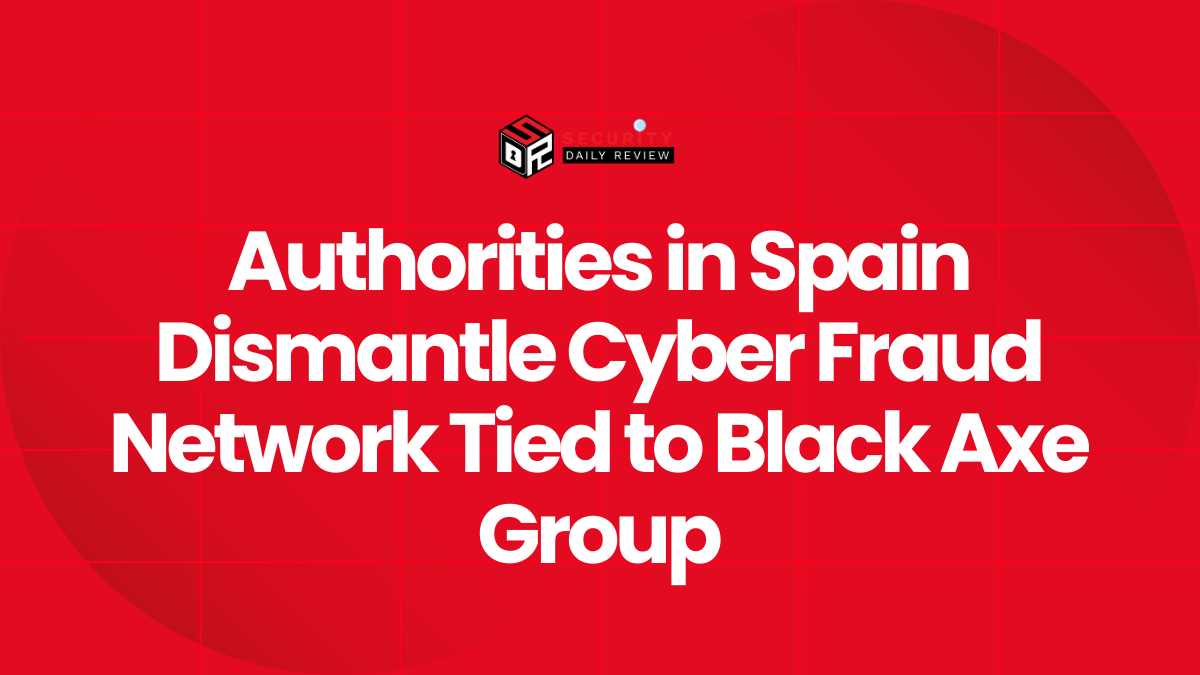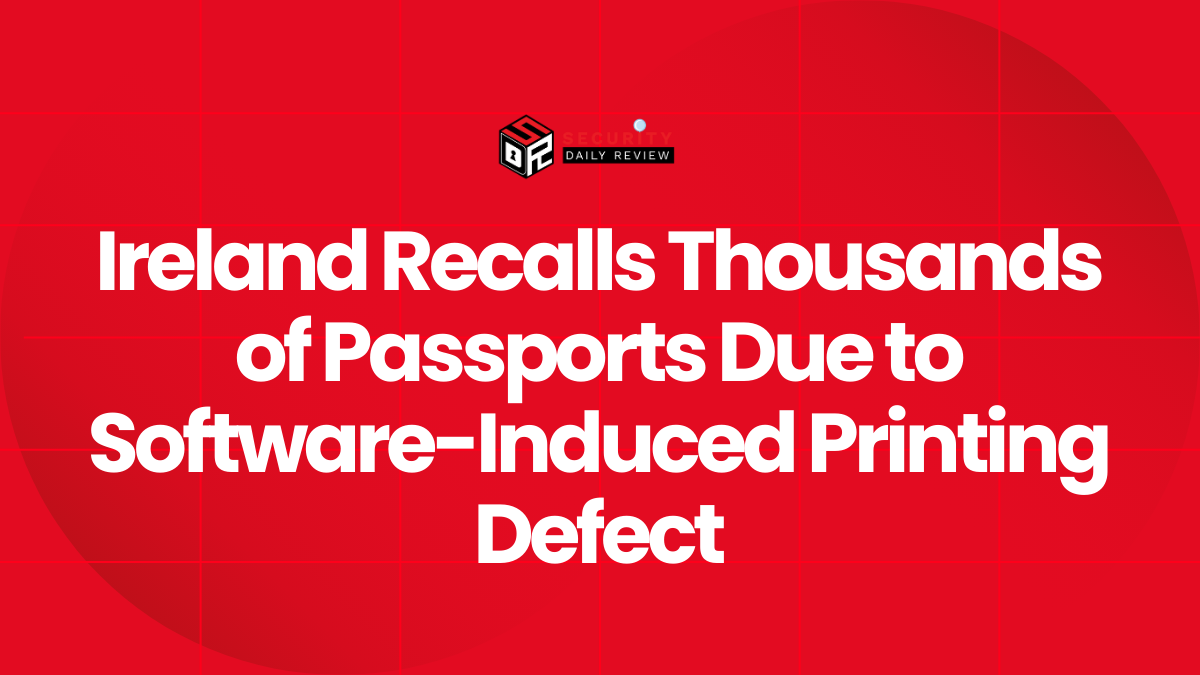Millions of Hotel Reservations and Personal Data Exposed in Otelier Data Breach
A massive cybersecurity incident involving Otelier, a cloud-based hotel management platform, has resulted in the exposure of millions of hotel guests’ personal information and reservations. The breach, which occurred between July and October 2024, involved the compromise of Otelier’s Amazon S3 cloud storage.
How the Otelier Breach Occurred
Threat actors gained initial access to Otelier’s systems by exploiting compromised employee credentials obtained through infostealer malware
These credentials, likely stolen from an Atlassian server, provided access to the company’s S3 buckets. Once inside, the hackers downloaded approximately 7.8 terabytes of data, including millions of documents from Marriott, Hilton, and Hyatt.
This data included nightly hotel reports, shift audits, accounting data, and crucially, guest reservations and personal information. The impact of the Otelier data breach on hotel guests is far-reaching.
Data Compromised in Otelier Data Breach Incident
The stolen data included a vast amount of personal information, such as guest names, addresses, phone numbers, and email addresses. According to Troy Hunt of Have I Been Pwned, the reservations table alone contained 39 million rows, and the users table had 212 million rows.
While passwords and billing information were not compromised, the exposed data presents a significant risk for targeted phishing attacks. The implications of guest data exposure for hotels are severe, potentially leading to reputational damage and legal repercussions.
Remediation on the Way by Otelier After the Breach
Otelier confirmed the breach and stated that they are communicating with impacted customers.
“Our top priority is to safeguard our customers while enhancing the security of our systems to prevent future issues,” the company said in a statement.
They engaged leading cybersecurity experts to conduct a forensic analysis, terminated unauthorized access, and disabled the involved accounts. Otelier continues to enhance its cybersecurity protocols to prevent similar incidents.
Protecting Personal Information After a Hotel Data Breach
Data breaches in the hospitality industry are increasingly common, emphasizing the need for hotels to prioritize data protection. Following this incident, guests should remain vigilant against suspicious emails impersonating hotel brands.
Learning how to safeguard against phishing is crucial in the wake of such data breaches. This includes carefully scrutinizing emails for inconsistencies and never clicking on links or attachments from unknown senders.
Response of Major Hotel Brands to Otelier Breach
Major hotel brands like Marriott, Hilton, and Hyatt were affected by the breach.
Marriott, one of the affected brands, suspended automated services provided by Otelier pending the completion of its investigation.
“Once we were made aware of this incident involving Otelier, we immediately contacted the vendor…and confirmed that they were working with cybersecurity experts,” a Marriott spokesperson stated.
While Marriott stated that no sensitive information from its systems was compromised, the incident underscores the interconnectedness of the hospitality industry’s technology infrastructure and the potential for widespread impact from a single breach. The cybersecurity measures for hotel management systems require a comprehensive and up-to-date approach.
The Otelier data breach serves as a critical case study in the importance of robust cybersecurity practices within the hospitality industry. The scale of the breach, the methods used by the attackers, and the response from affected parties highlight the need for ongoing vigilance and proactive security measures to protect sensitive guest data.




